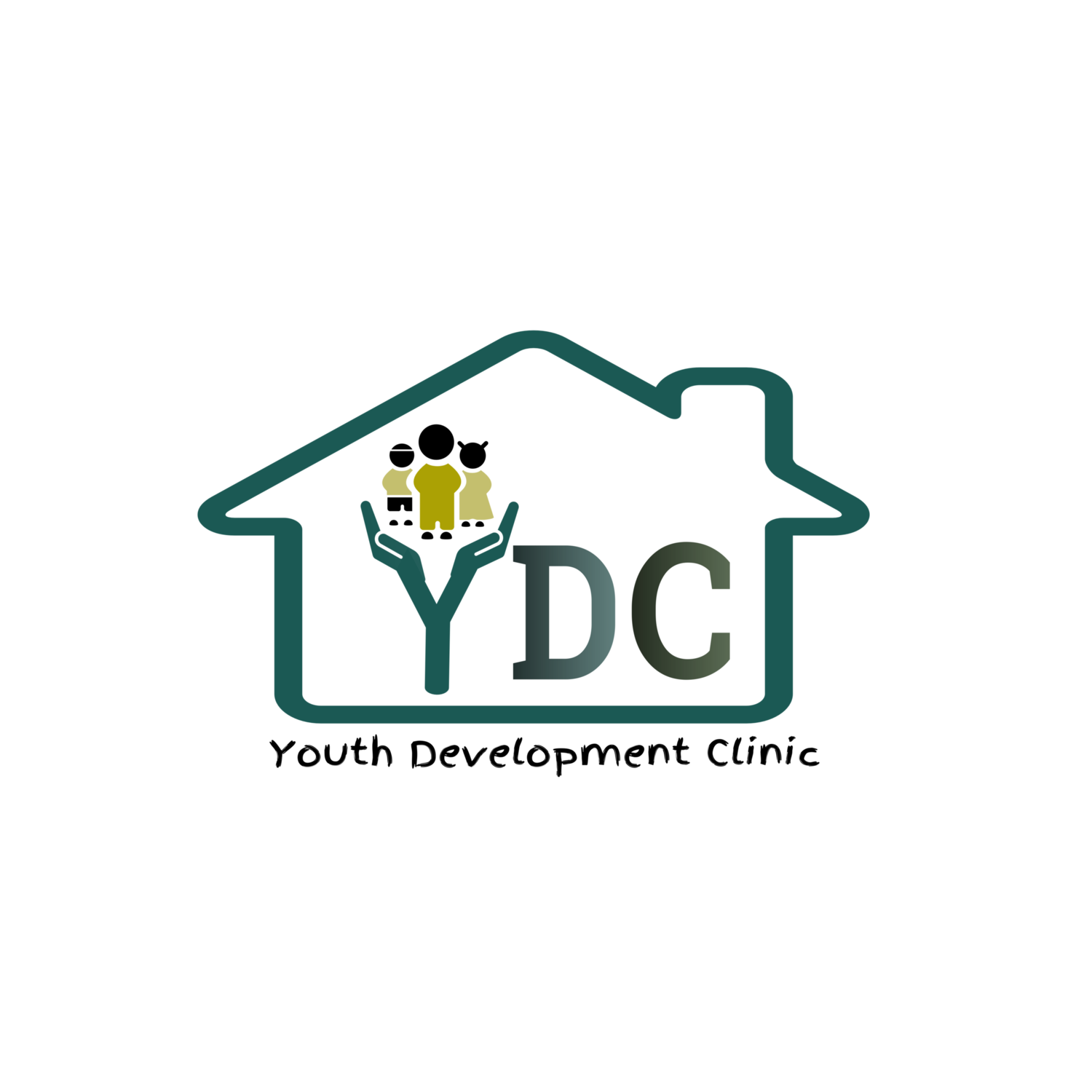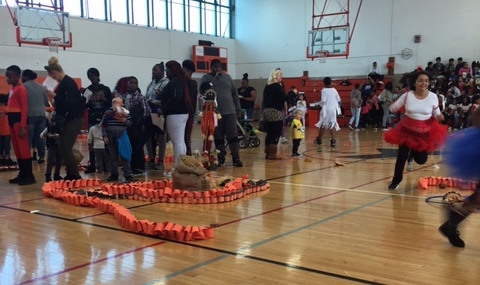Photo by Charlein Gracia on Unsplash
Summer is finally here! But while kids are likely excited to have a few months off school, parents and guardians might be worried that the unstructured freedom of the summer months can take a toll on their children’s behavior or academics moving forward. We asked our team of clinicians at YDC to discuss ways that parents and guardians can create a sense of structure for their children while keeping things fun and preparing them for the upcoming school year at the same time.
Here's what they had to say:
Routine is Key!
Think about food and sleep as two vital pillars for your child's daily structure in the summer, a time when kids might stay up past their bedtimes, sleep until much later than normal, and eat at off-times. A sense of a schedule (albeit one that can be flexible depending on what's going on day-to-day!) will keep your child feeling positive and inspired to engage in activities.
Productive Play
Let your kids enjoy the weather and the outdoors! Depending your schedule, a great way to keep them active and social during the summer is by enrolling them in sports or other camps. In this way, children not only get physical exercise, but they also learn about team building and other skills. Organizations like the YMCA, Salvation Army, and Boys and Girls Club will have more information on programs and camps that are free or of little charge.
Read, Read, Read!
The summer months offer a perfect opportunity to fortify and enhance your child’s reading skills. The Newark Public Library offers an array of summer reading programs like the Summer Reading Challenge, during which children log reading times and receive incentives. The best part is that an NPL library card is free for Newark residents! Don’t have time to go to the library? We suggest creating a book club with your child. Create a reading schedule and discuss important themes to get the conversation started and keep them engaged.
Spend Quality Time Together
We know parents and guardians lead busy lives, often balancing work, taking care of their children, and much more. But of course, it’s important to carve out some quality time with your child for their overall healthy emotional development. Plan activities that foster a sense of bonding when possible. If on a tight budget, activities like having a picnic in the park, going to a museum, or visiting the beach, are free or low cost. The idea is to create memories that your child can look back on fondly, knowing they have a loving parent in their lives to support them in whatever challenges that academics or life may present.
We hope you have a great summer!








